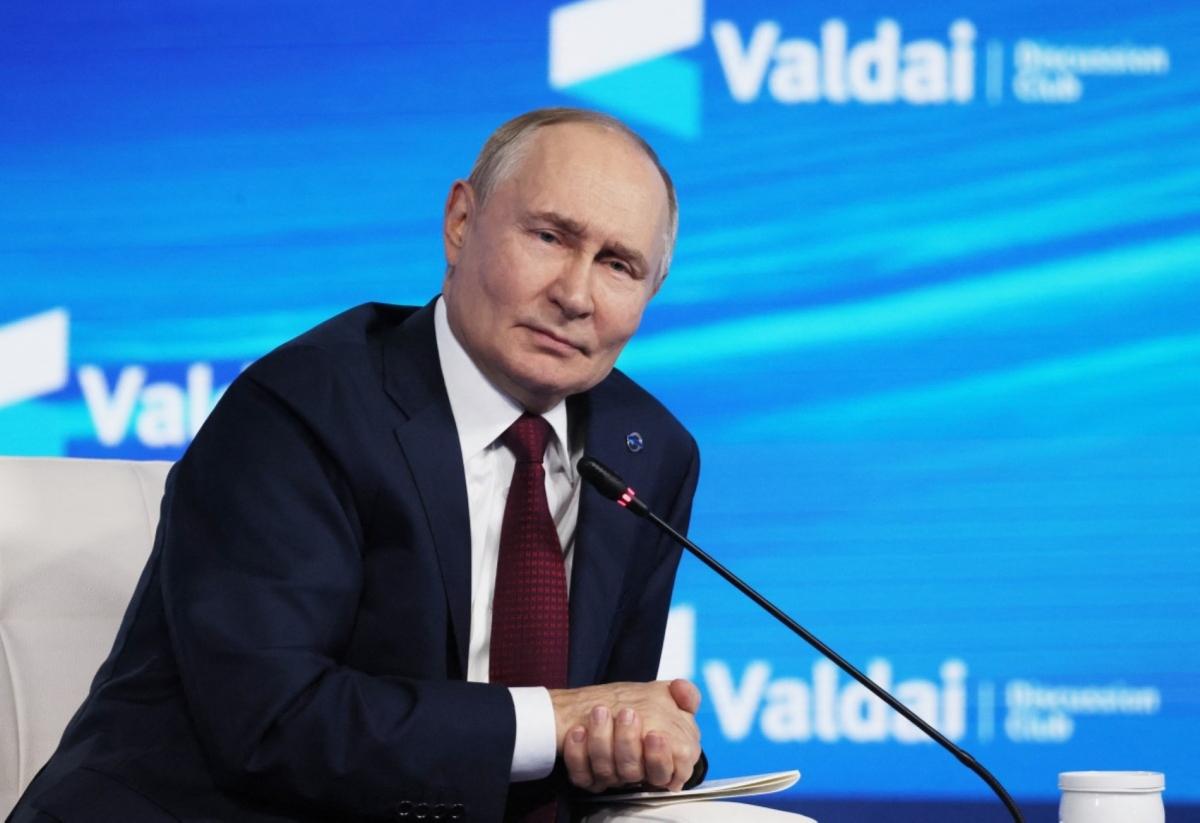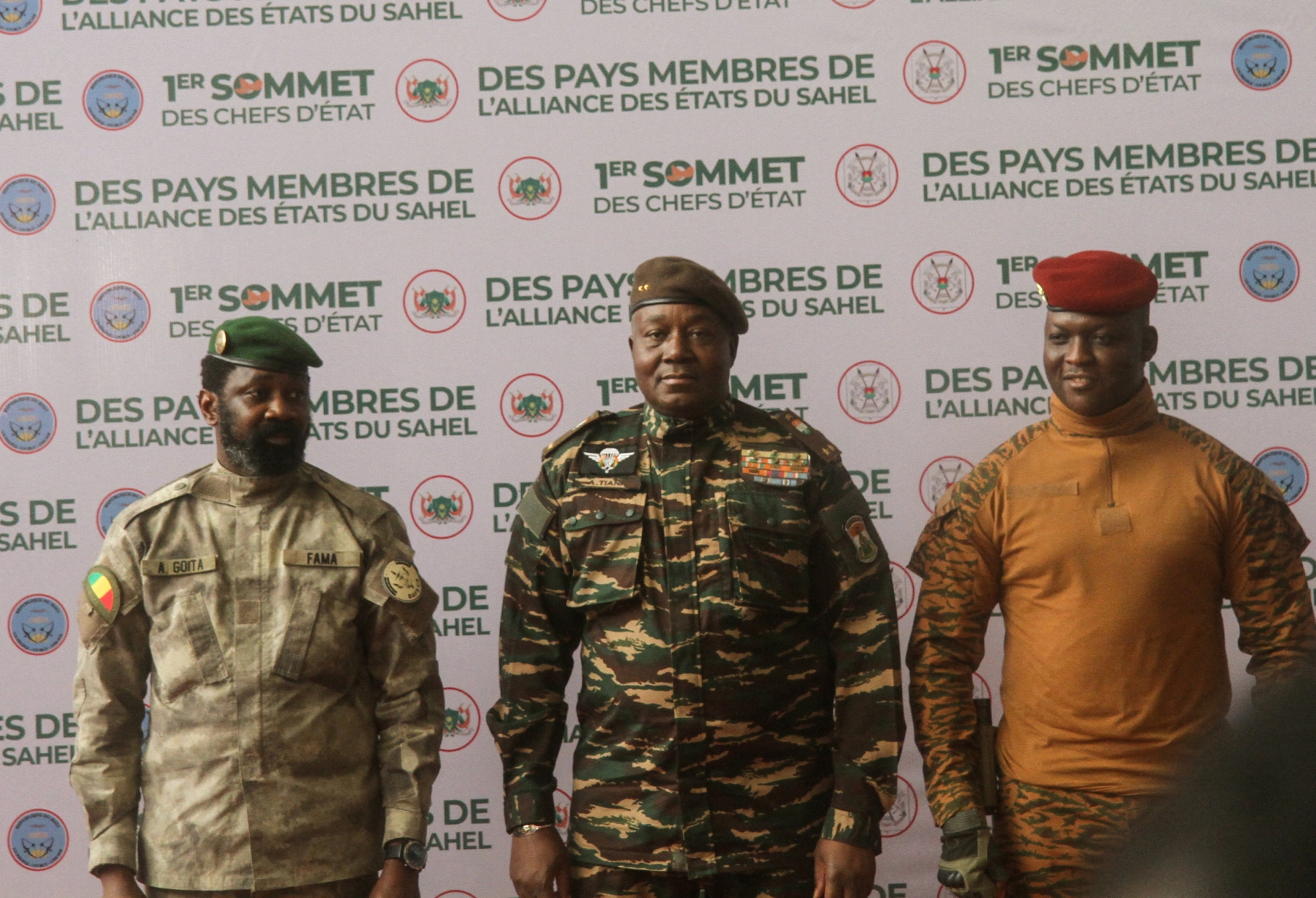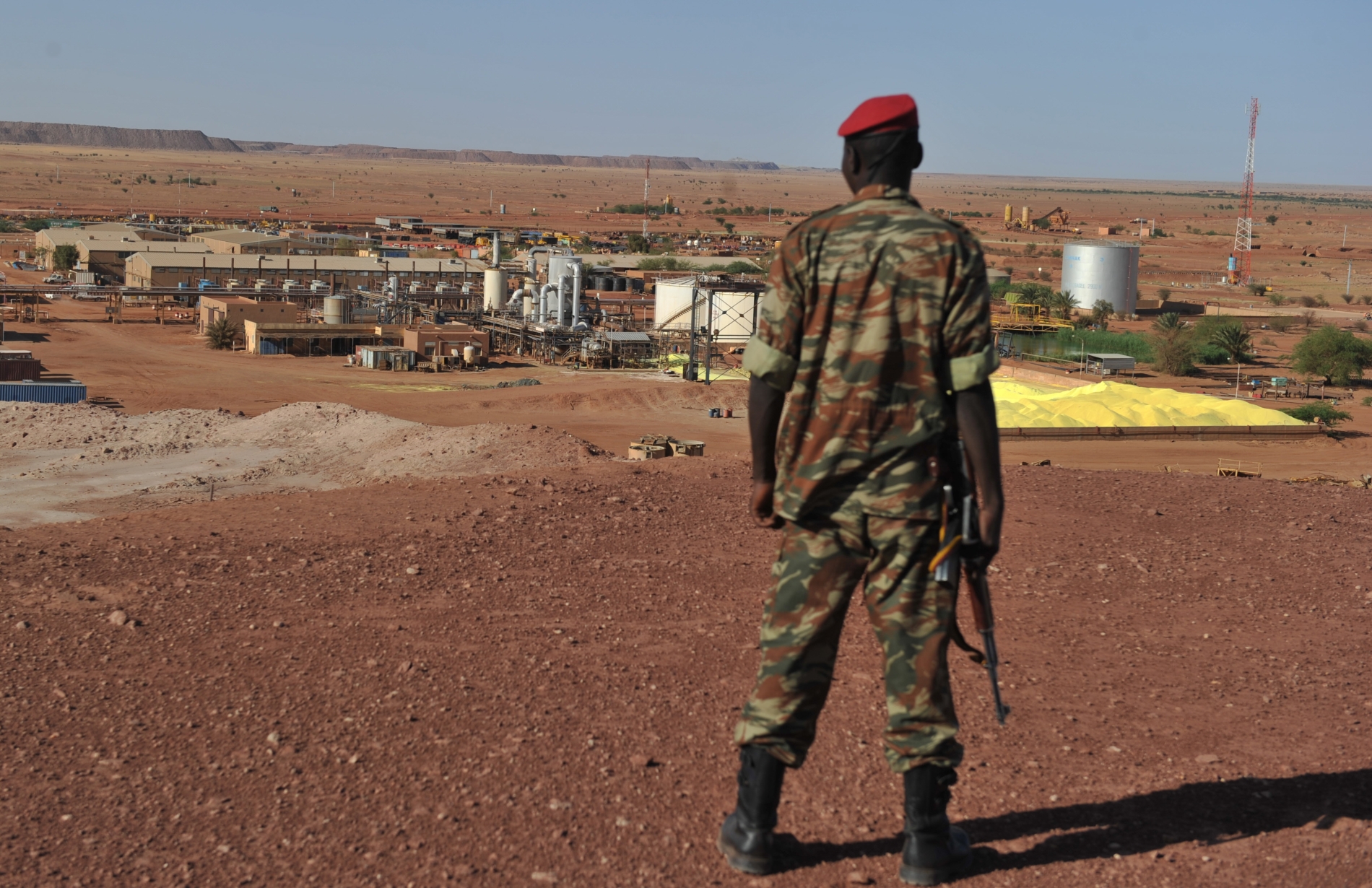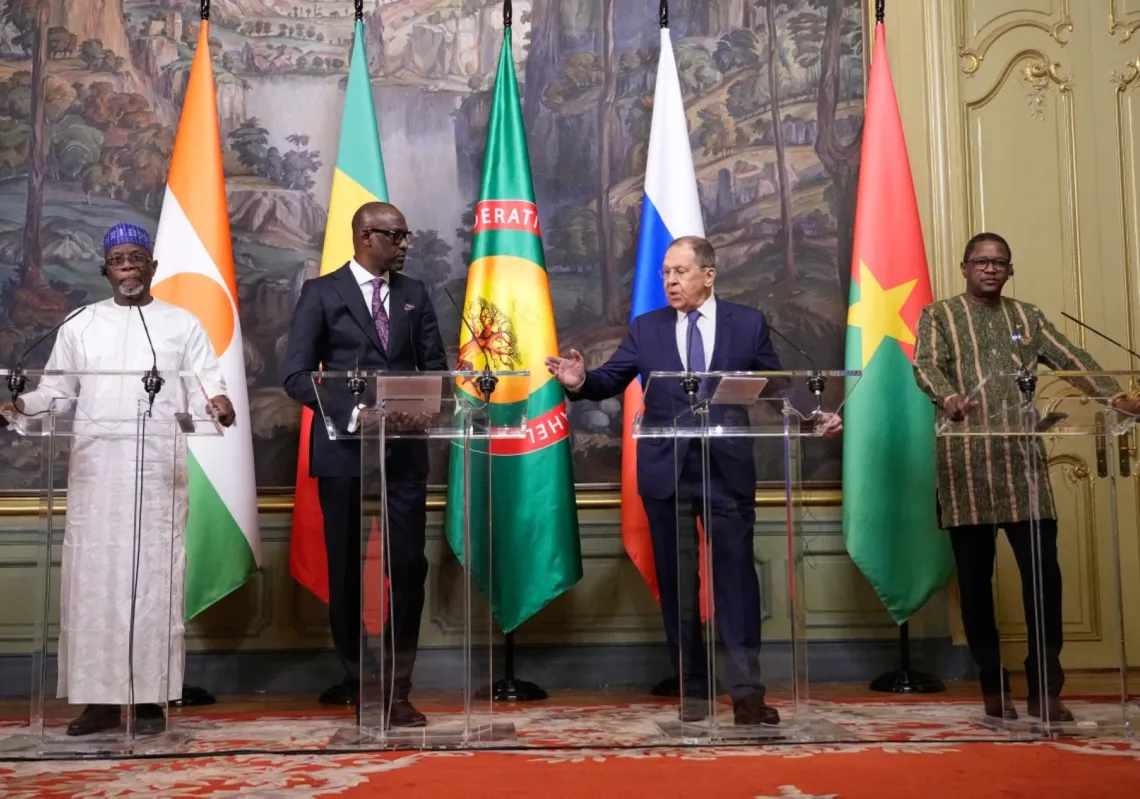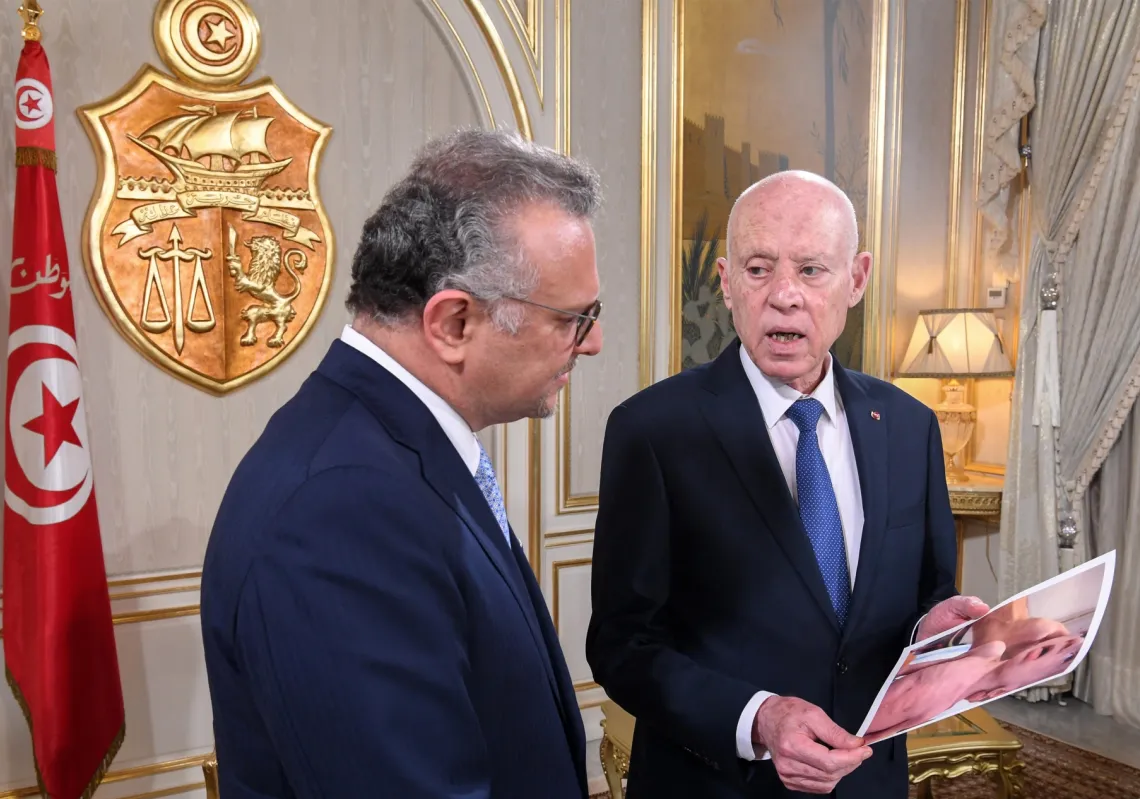Earlier this month, President Vladimir Putin took to the stage at the annual meeting of the Valdai International Discussion Club in Sochi, Russia, and outlined to the world a new ideological framework for Russia’s foreign policy. That foreign policy, he explained, would be a pragmatically civilisational concept built on the principles of sovereignty, polycentrism, and the rejection of Western domination.
Putin stated that the era of the unipolar world has come to a definitive end. “The world today is built not on domination but on interaction,” he said. “Centres of power are multiplying, and this is a natural process in humanity’s maturation.”
Multipolarity is a geopolitical construct—a concept born in the late 1990s and early 2000s, implying the existence of several ‘poles of power’ and a certain balance among them. Its core meaning lies in the ideological rejection of the collective West’s monopoly—the refusal to recognise its exclusive right to define norms, values, and criteria of legitimacy.
But in Valdai, the Russian leader introduced a more complex and dynamic concept: polycentrism. In contrast to multipolarity, which is an ideological doctrine that rejects Western hegemony, polycentrism is a proactive process of combating it.
While multipolarity helps build regional alliances and economic and defence initiatives, polycentrism weaves them into a system of horizontal interaction—networks of cooperation without hierarchies and without universalist norms. Each element of this system acts as a centre of autonomous power—political, resource-based, or ideological.
Africa as a test case
In this geopolitical construct, Africa is not merely a vector but a field for the practical verification and implementation of this doctrine. The continent’s deep historical premises make it the perfect testing ground. It is here, amid the diversity of cultures, traditions, and forms of political subjectivity, that Valdai principles can be implemented.
In this vein, Moscow doesn't support Africa by imposing its own values. Instead, it learns from Africa how to turn sovereignty into a pragmatic tool of coordination.
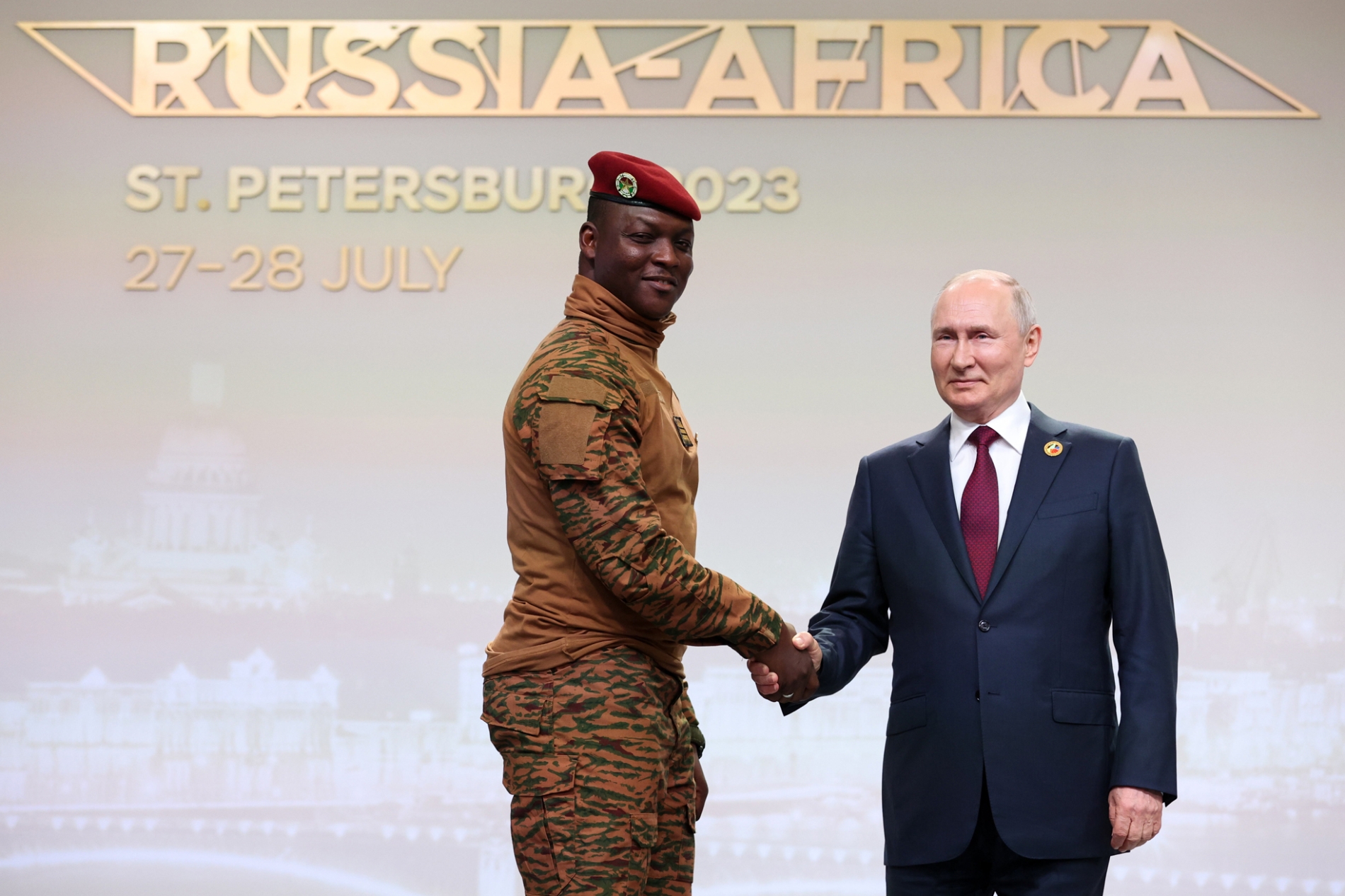
And although multipolarity and polycentrism are relatively modern constructs, their principles have been in play in African political thought during the decolonisation period as a practical strategy for the survival and self-assertion of new states.
Kwame Nkrumah’s ‘African socialism’ and Jomo Kenyatta’s ‘African capitalism’ were early theoretical reflections on this concept. Ahmed Sékou Touré advanced the concept of ‘positive neutrality’—a form of cooperation among neighbouring states that served as a prototype of cooperative sovereignty and an early expression of African polycentrism.
At the beginning of this century, Senegal’s President Abdoulaye Wade revived this approach in the economic sphere by diversifying the country’s external partnerships. The transfer of the Dakar port container terminal from the French monopolist Bolloré to Dubai Port World was not purely a blow to ‘Françafrique’, but a landmark moment signalling the shift from dependency to competition among centres of power.
The emergence of multipolarity in Africa coincided with China’s economic penetration at the beginning of the 21st century. China became the first external actor to break the West’s monopoly, thereby ushering in an era of practical multipolarity.
Yet, if China became the catalyst of multipolarity, Russia claims the role of its political architect. Multipolarity and polycentrism in Africa are a symbiosis of Chinese economic pragmatism and the Russian concept of sovereign power.
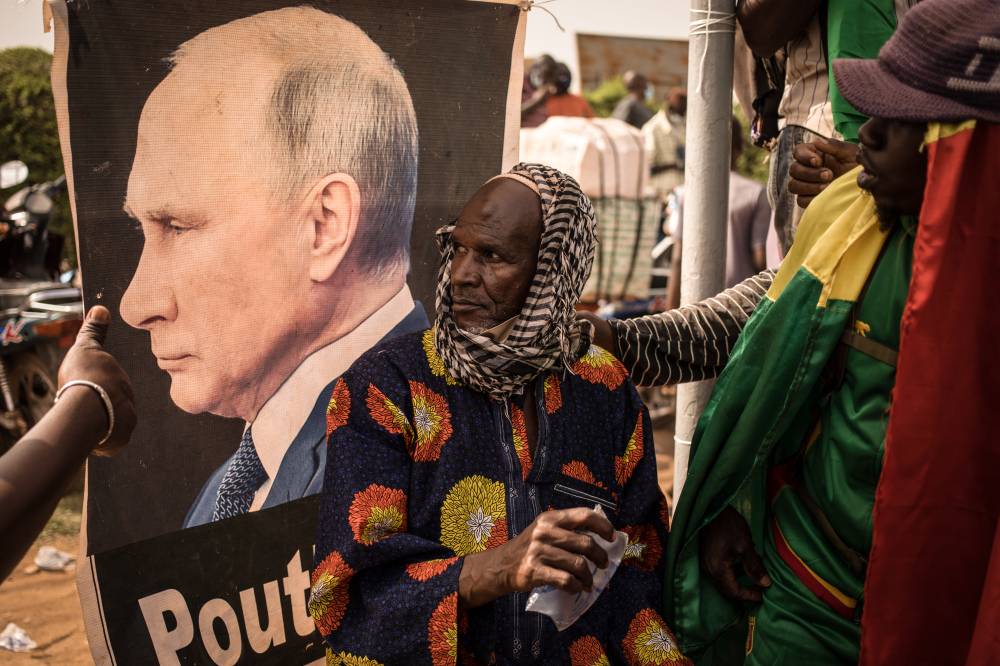
Polycentrism does not reject existing institutions but envisages their integration into a new logic of cooperative sovereignty, where independence is not isolationism, but the ability to negotiate on equal terms.
Putin emphasised that no other universal structure exists in the world besides the UN, and its dismantling would result in complete chaos. For Africa, this statement carries particular significance. African states have long sought genuine representation on the UN Security Council, rightly arguing that they bear the brunt of global crises—from migration to food security.
A subject, not an object
By endorsing this position, Moscow treats African countries as a pillar rather than an appendage of the global order, effectively recognising Africa’s right to be a subject, not an object, of international politics.
International institutions—long compromised as politicised instruments of pressure on independent states—must make way for new sovereign forms.
In September, the countries of the Sahel States Alliance (Burkina Faso, Mali, and Niger) announced their withdrawal from the International Criminal Court, with its functions to be transferred to the Sahel Criminal Court on Human Rights. And in October, Senegalese Prime Minister Ousmane Sonko stated at the Invest in Senegal forum that the IMF cannot determine the paths or forms of his country’s development. While the first event is widely portrayed in the media as a consequence of Russian influence, the second signals a broader trend.


